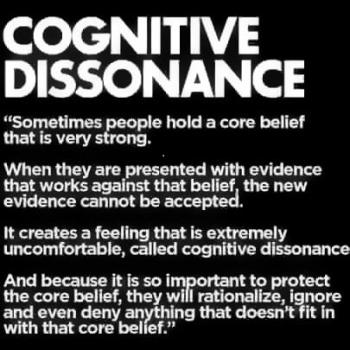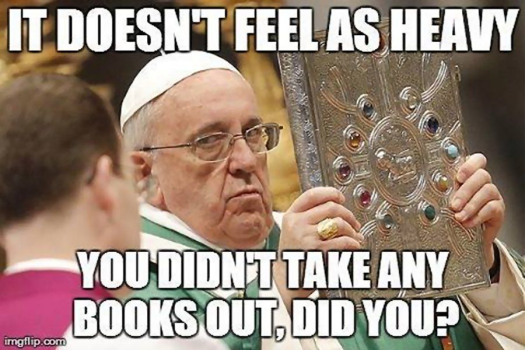You don't get it. Jews rejected the the Gospel message and the New Testament and have no business telling Christians what books belong in the Bible. Not only that, there is no evidence a 66 book canon was used in any church anywhere on the planet before the 14th century.
During the first century, the Jews disagreed as to what constituted the canon of Scripture. In fact, there were a large number of different canons in use, including the growing canon used by Christians. In order to combat the spreading Christian cult, rabbis met at the city of Jamnia or Javneh in A.D. 90 to determine which books were truly the Word of God. They pronounced many books,
including the Gospels, to be unfit as scriptures. This canon also excluded seven books (Baruch, Sirach, 1 and 2 Maccabees, Tobit, Judith, and the Wisdom of Solomon, plus portions of Esther and Daniel) that Christians considered part of the Old Testament.
The group of Jews which met at Javneh became the dominant group for later Jewish history, and today most Jews accept the canon of Javneh.
However, some Jews, such as those from Ethiopia, follow a different canon which is identical to the Catholic Old Testament and includes the seven deuterocanonical books (cf. Encyclopedia Judaica, vol. 6, p. 1147).
Needless to say, the Church disregarded the results of Javneh.
First, a Jewish council after the time of Christ is not binding on the followers of Christ.
Second, Javneh rejected precisely those documents which are foundational for the Christian Church — the Gospels and the other documents of the New Testament.
Third, by rejecting the deuterocanonicals, Javneh rejected books which had been used by Jesus and the apostles and which were in the edition of the Bible that the apostles used in everyday life —
the Septuagint.
The Christian acceptance of the deuterocanonical books was logical because the deuterocanonicals were also included in the Septuagint, the Greek edition of the Old Testament which the apostles used to evangelize the world. Two thirds of the Old Testament quotations in the New are from the Septuagint. Yet the apostles nowhere told their converts to avoid seven books of it. Like the Jews all over the world who used the Septuagint, the early Christians accepted the books they found in it. They knew that the apostles would not mislead them and endanger their souls by putting false scriptures in their hands — especially without warning them against them.
But the apostles did not merely place the deuterocanonicals in the hands of their converts as part of the Septuagint. They regularly referred to the deuterocanonicals in their writings. For example, Hebrews 11 encourages us to emulate the heroes of the Old Testament and in the Old Testament
“Women received their dead by resurrection. Some were tortured, refusing to accept release, that they might rise again to a better life” (Heb. 11:35).
There are a couple of examples of women receiving back their dead by resurrection in the Protestant Old Testament. You can find Elijah raising the son of the widow of Zarepheth in 1 Kings 17, and you can find his successor Elisha raising the son of the Shunammite woman in 2 Kings 4,
but one thing you can never find — anywhere in the Protestant Old Testament, from front to back, from Genesis to Malachi — is someone being tortured and refusing to accept release for the sake of a better resurrection.
If you want to find that, you have to look in the Catholic Old Testament — in the deuterocanonical books Martin Luther (opinion of ONE person) cut out of his Bible.
This is but one example... of the New Testaments’ references to the deuterocanonicals. The early Christians were thus fully justified in recognizing these books as Scripture, for the apostles not only set them in their hands as part of the Bible they used to evangelize the world, but also referred to them in the New Testament itself, citing the things they record as examples to be emulated...
...The early acceptance of the deuterocanonicals was carried down through Church history. The Protestant patristics scholar J. N. D. Kelly writes:
“It should be observed that the Old Testament thus admitted as authoritative in the Church was somewhat bulkier and more comprehensive than the [Protestant Old Testament] . . . It always included, though with varying degrees of recognition, the so-called Apocrypha or deutero-canonical books. The reason for this is that the Old Testament which passed in the first instance into the hands of Christians was . . . the Greek translation known as the Septuagint. . . . most of the Scriptural quotations found in the New Testament are based upon it rather than the Hebrew.. . . In the first two centuries . . . the Church seems to have accept all, or most of, these additional books as inspired and to have treated them without question as Scripture. Quotations from Wisdom, for example, occur in 1 Clement and Barnabas. . . Polycarp cites Tobit, and the Didache [cites] Ecclesiasticus. Irenaeus refers to Wisdom, the History of Susannah, Bel and the Dragon [i.e., the deuterocanonical portions of Daniel], and Baruch. The use made of the Apocrypha by Tertullian, Hippolytus, Cyprian and Clement of Alexandria is too frequent for detailed references to be necessary” (Early Christian Doctrines, 53-54).
The recognition of the deuterocanonicals as part of the Bible that was given by individual Fathers was also given by the Fathers as a whole, when they met in Church councils. The results of councils are especially useful because
they do not represent the views of only one person, but what was accepted by the Church leaders of whole regions.



